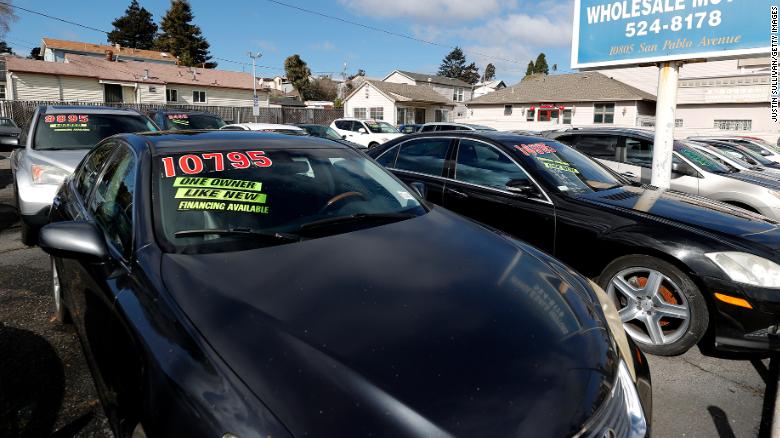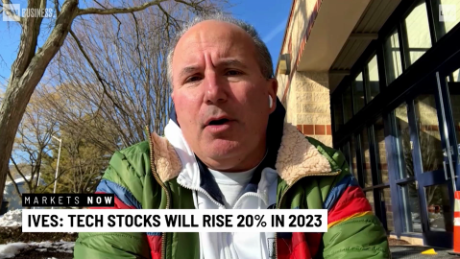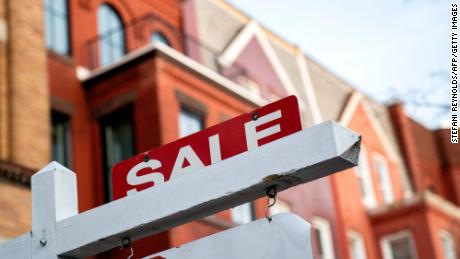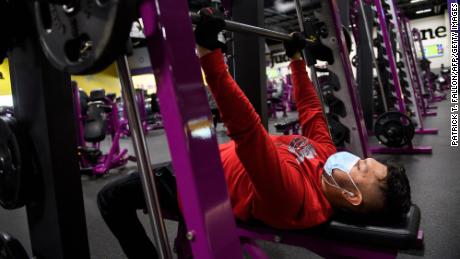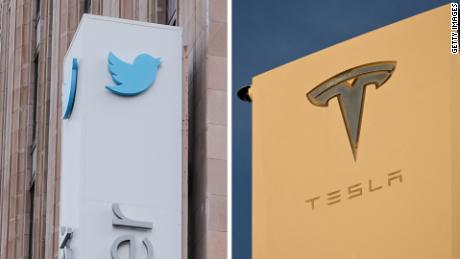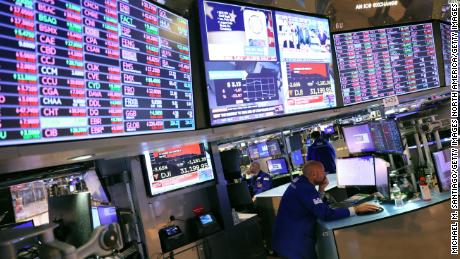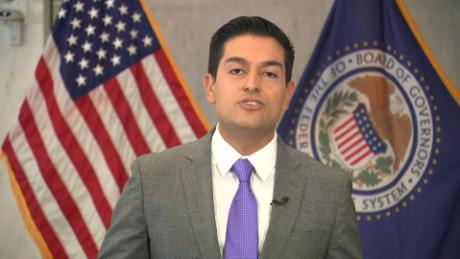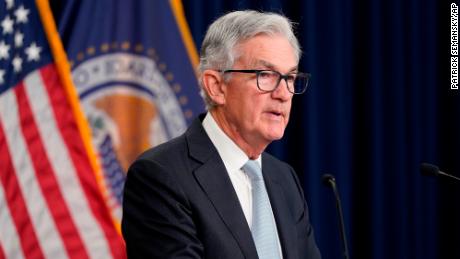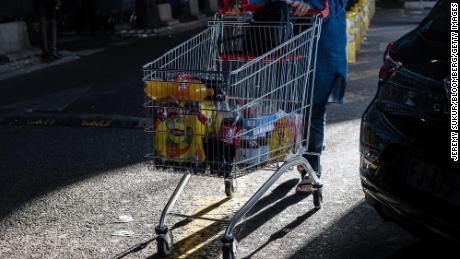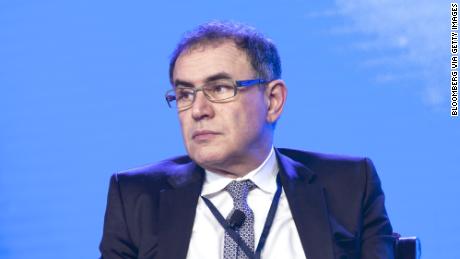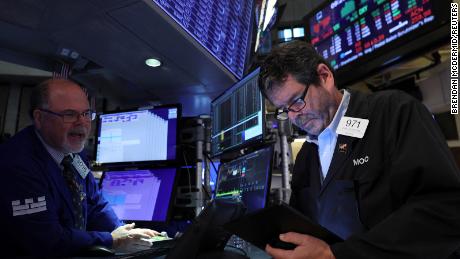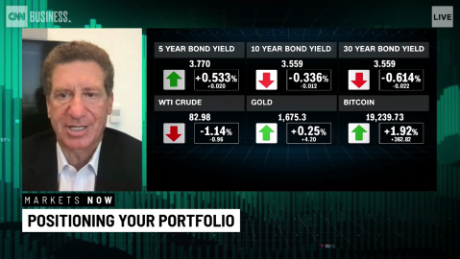New York (CNN Business)Honeywell CEO Darius Adamczyk is cautioning Washington against doing more to boost a red-hot economy that's already grappling with rising inflation, worker shortages and materials in short supply.
"The economy is doing a little bit better than people expect. It's actually humming along," Adamczyk told CNN Business. "I do believe we have to be careful about unintended consequences ŌĆö which would be inflation."
His own Honeywell (HON), the world's largest industrial conglomerate by market value, is already struggling to keep up with pricing pressure on everything from labor to steel.
"We are seeing very substantial inflation," Adamczyk said. "It's definitely here and it's probably a bit more pronounced than most people think."
The company, which makes everything from N95 masks and jet engines to quantum computers, is also having trouble finding workers to hire ŌĆö especially in manufacturing.
"We have far more openings than I'd like, frankly," Adamczyk said, even with the company raising wages. He cites several factors behind the worker shortage, including health concerns, childcare issues and enhanced unemployment benefits.
The return of inflation
Inflation jitters have rippled through financial markets in recent weeks. Recent economic reports, including the biggest jump in consumer prices since September 2008, have raised fears that the Federal Reserve will have to act to prevent the economy from overheating.
Last week, former Treasury secretary Larry Summers told CNN that the risk of a Vietnam War era-inflation spike is now larger than that of a deflationary spiral.
Asked if he's worried about runaway inflation, Adamczyk said, "Of course. As CEO, you kind of worry about everything." But, he added, "I don't know if it's going to become runaway. I don't think inflation is so far out of control today that it can't be contained."
How much more help is needed for the economy?
Unlike falling prices, which are hard to combat, the Fed knows how to cool off the economy: Aggressively hike interest rates. But that would raise borrowing costs, spook investors and threaten the recovery.
Fed officials have signaled they're in no rush to get out of emergency mode because they believe any price spike will be temporary. The US central bank is still buying $120 billion of bonds a month and rates remain near zero.
"I do think we have to be careful in terms of how much stimulus, whether through actual stimulus dollars or interest rates, can help to catalyze current economic conditions," Adamczyk said.
The latest Fed minutes hint at an intensifying debate inside the central bank over just this issue.
The minutes from the Fed's April meeting, released Wednesday, shows that several officials think if the US economy continues to improve, "it might be appropriate at some point" to discuss adjusting the pace of asset purchases.
"We are seeing accelerating inflation, both in terms of material and labor," Adamczyk said. "It probably behooves us to take a deeper look at both interest rates and how much stimulus is really needed."
Computer chips, steel and lumber shortages
The latest manufacturing report from the Philadelphia Fed shows how supply is having trouble catching up to demand, causing delays. Delivery time surged to the highest level since the index was created in 1968, while the prices that manufacturers paid rose to a 41-year high, according to Bleakley Advisory Group.
Shortages have emerged in recent weeks in everything from computer chips and steel to lumber and copper. Those issues have created major headaches for broad swaths of the economy.
The consumer packaged goods industry warned the Biden administration in a letter last week of a "perfect storm" of surging demand and surging costs for ingredients, materials, transportation of labor.
"Rapidly rising costs are the worst-case outcome for supply chains already made vulnerable by the Covid-19 crisis," wrote Geoff Freeman, CEO of the Consumer Brands Association, which represents Pepsi (PEP), Kellogg (K), Campbell Soup (CPB)and countless other brands.
At the same time, the computer chip shortage is derailing production of cars, smartphones and appliances. Fitch Ratings projects that the worldwide semiconductor shortage will cost auto makers 3.8 million units in lost production, representing 5% of estimated 2021 sales.
Honeywell isn't being hit as badly as the auto industry, but it is feeling the ripple effects.
"Frankly, our growth rate could've been better this quarter if we had full access to some of the semiconductors," Adamczyk said.
